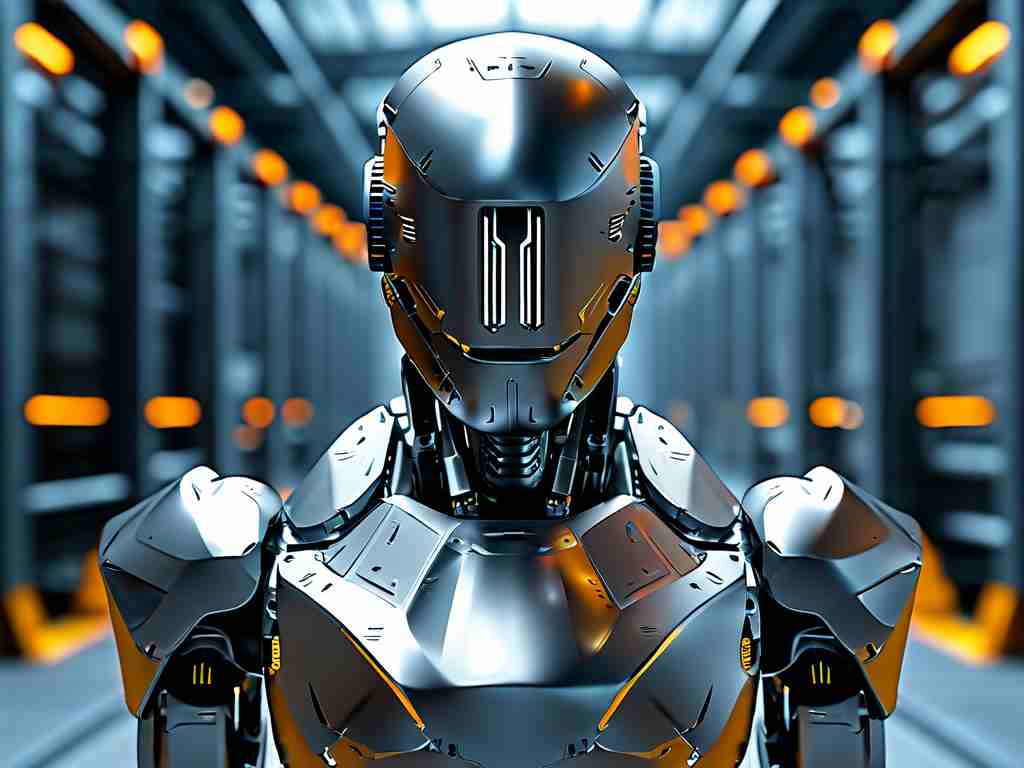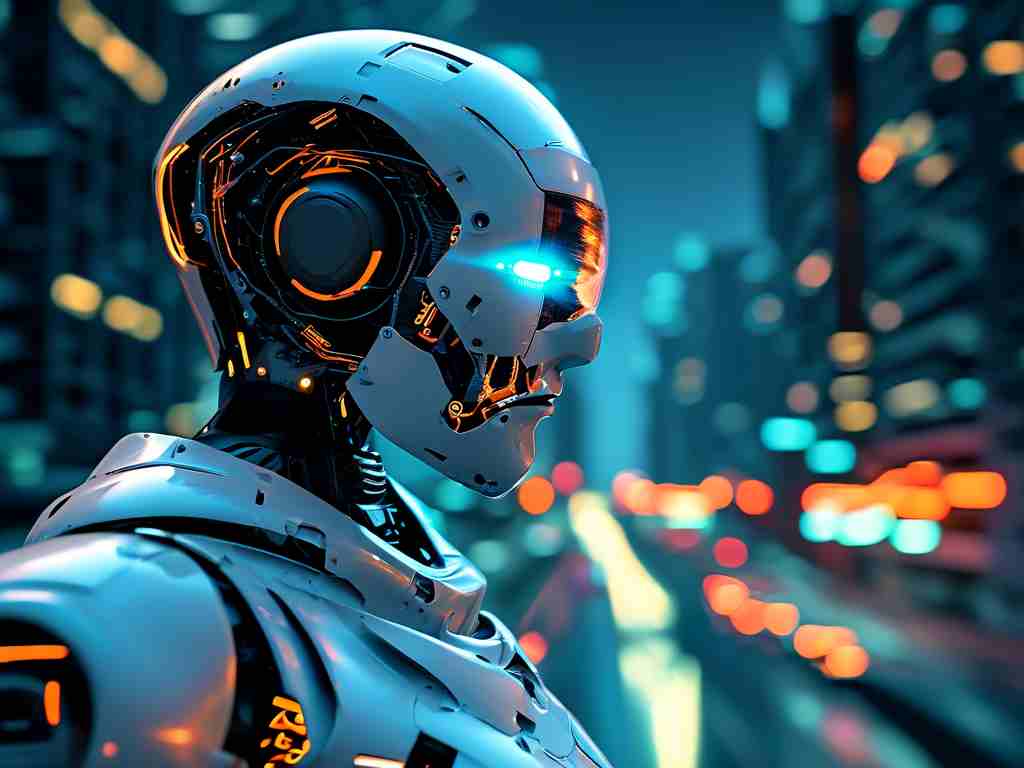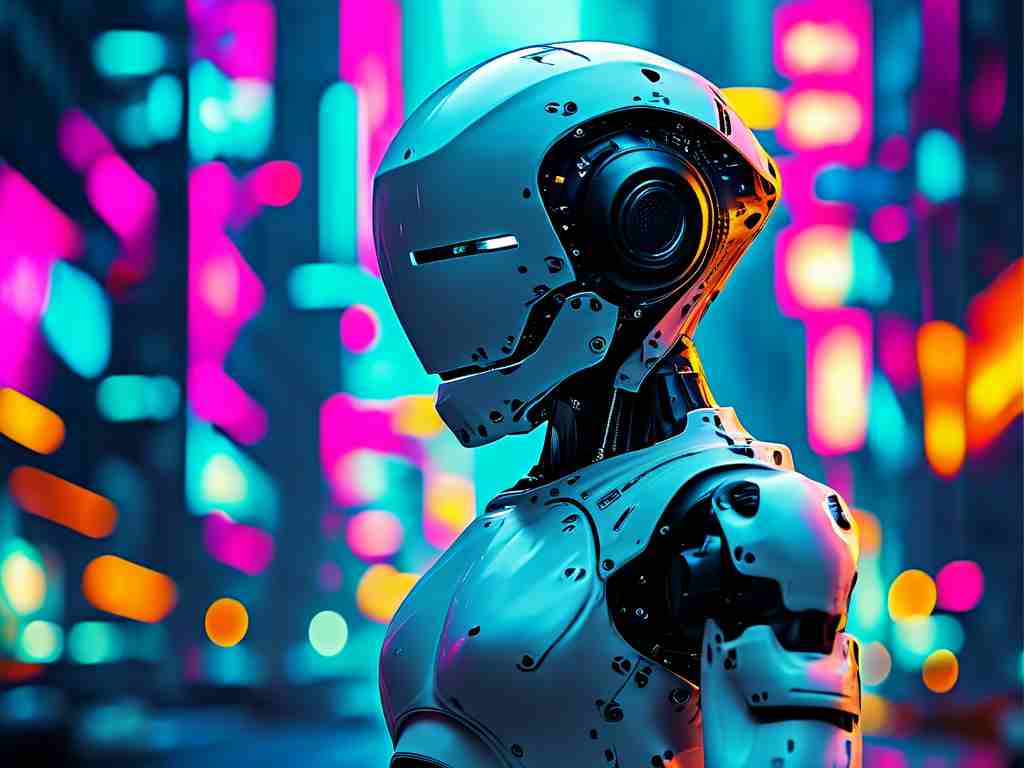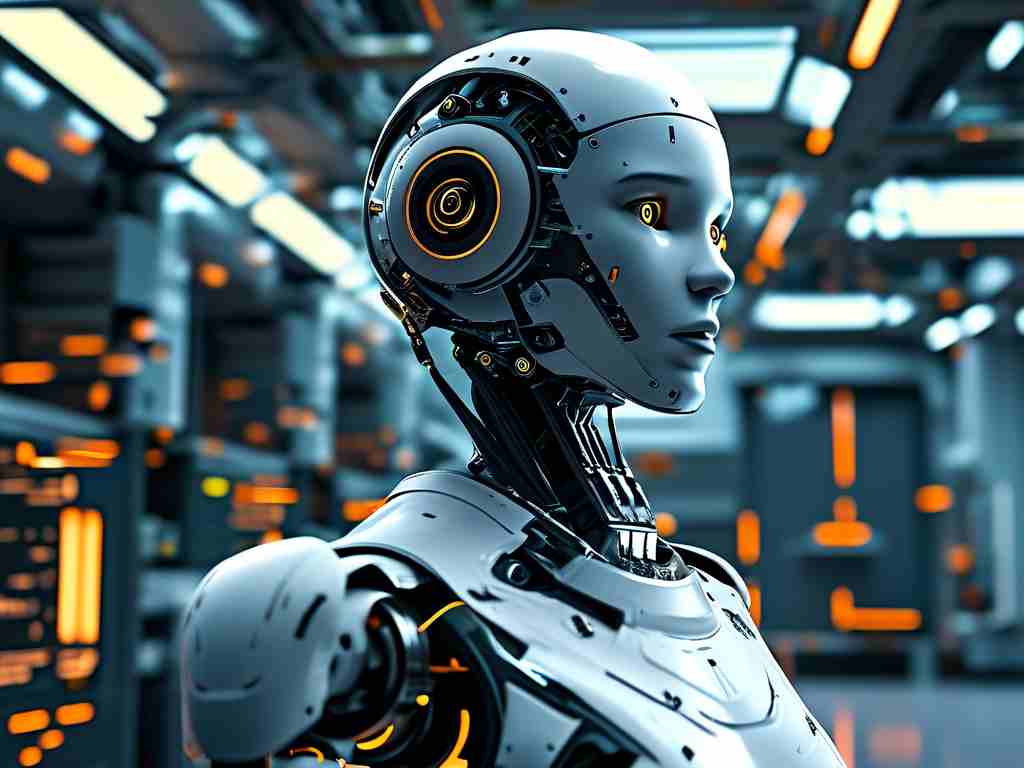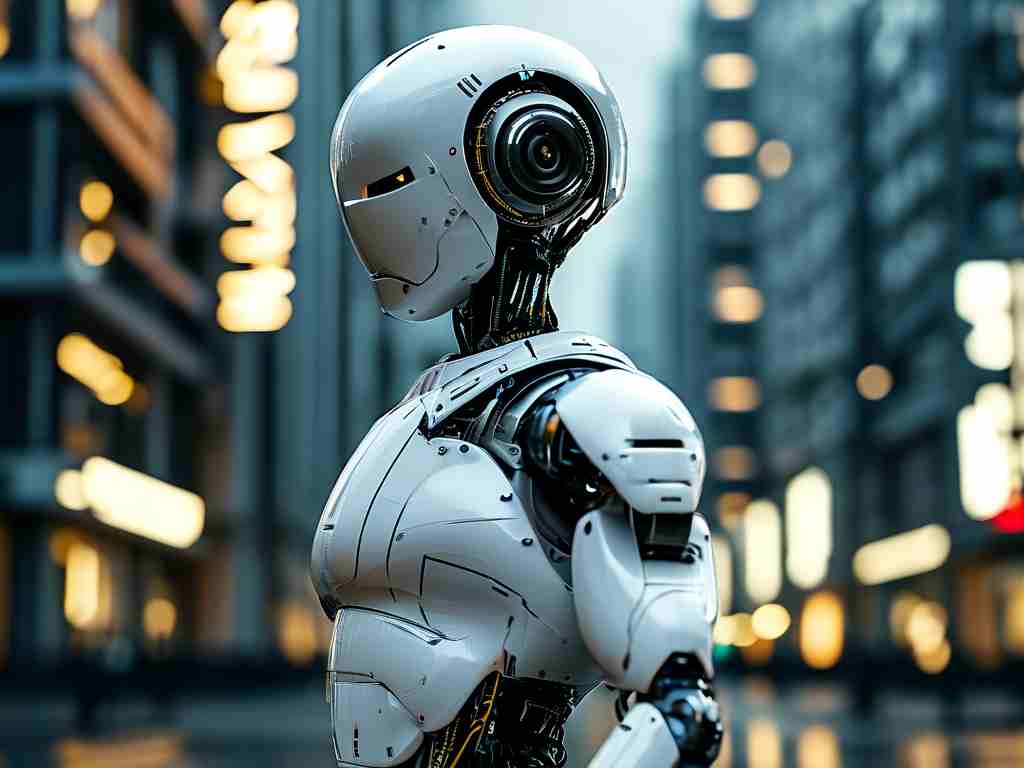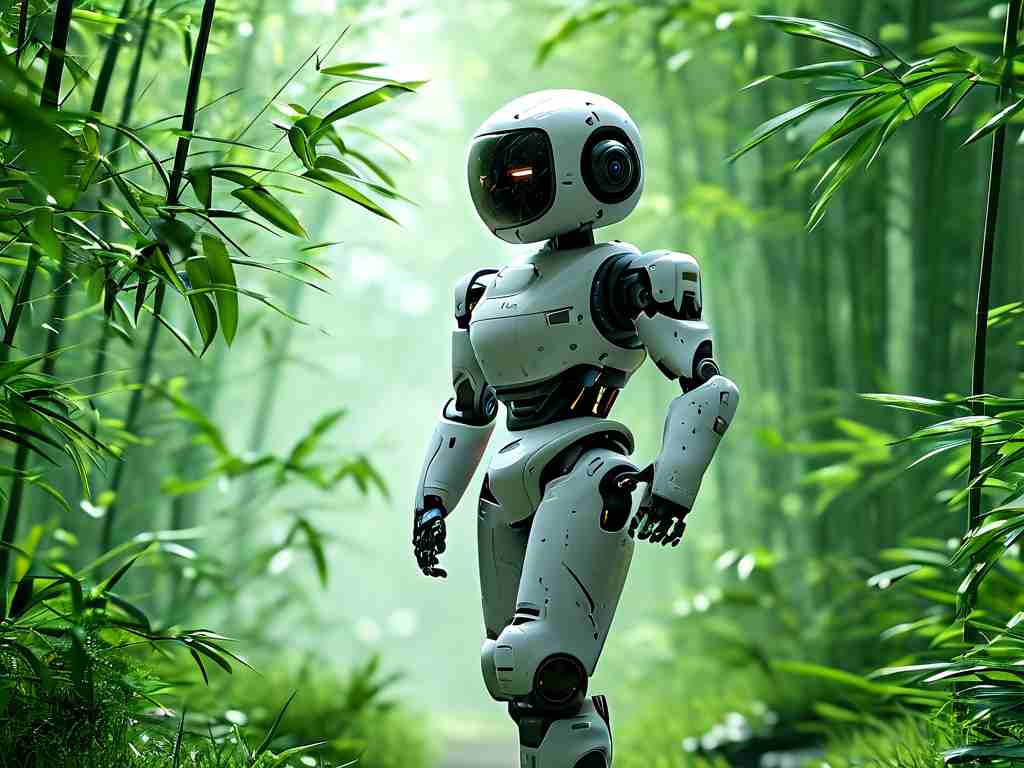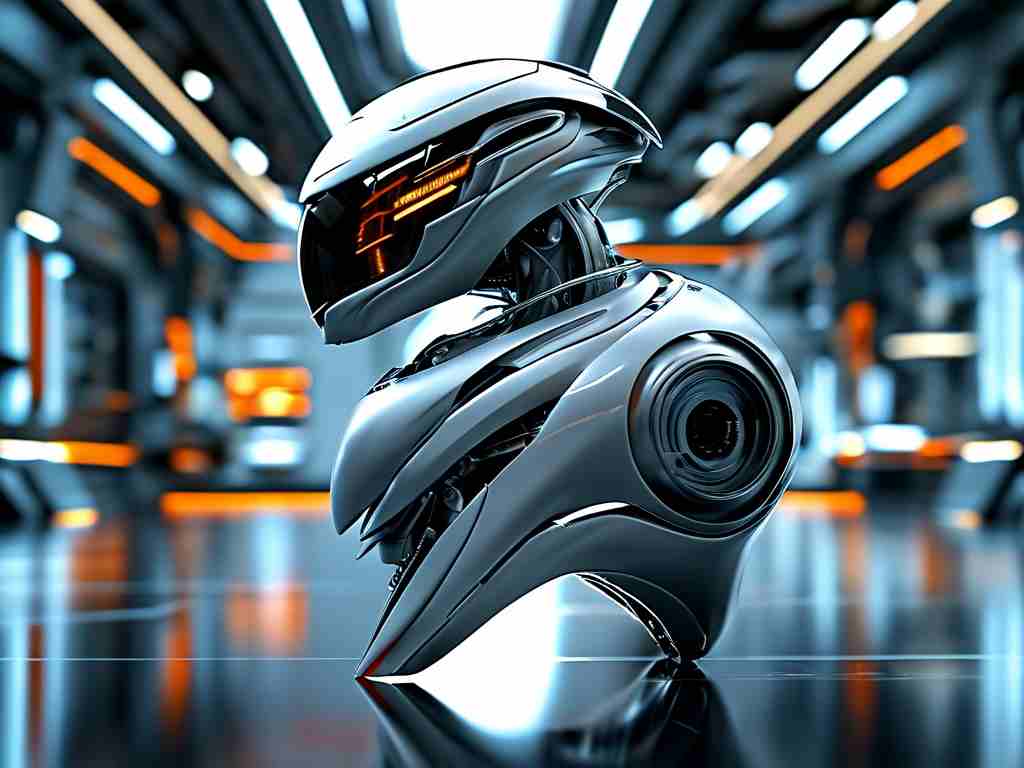In the rapidly evolving landscape of robotics and automation, SkyWork Robotics () has emerged as a trailblazer, redefining industry standards through cutting-edge technological advancements. By seamlessly integrating artificial intelligence (AI), machine learning, and precision engineering, SkyWork Robotics delivers solutions that transcend traditional automation limitations. This article explores the core technological highlights of SkyWork Robotics, shedding light on how its innovations are transforming industries ranging from manufacturing to healthcare.
1. AI-Powered Adaptive Learning Systems
At the heart of SkyWork Robotics’ success lies its proprietary AI-driven adaptive learning framework. Unlike conventional robotic systems that rely on pre-programmed instructions, SkyWork’s robots leverage deep reinforcement learning algorithms to dynamically optimize their performance in real time. For instance, in manufacturing assembly lines, these robots analyze environmental variables—such as part tolerances, material inconsistencies, and workflow disruptions—to adjust their movements and decision-making processes autonomously. This capability not only reduces downtime caused by unexpected errors but also enhances production efficiency by up to 40%, as demonstrated in pilot projects with automotive manufacturers.
Moreover, SkyWork’s AI models are trained on massive datasets collected from diverse operational scenarios, enabling robots to “learn” from both simulated and real-world interactions. This cross-domain adaptability ensures seamless deployment across industries, from precision agriculture (e.g., AI-guided crop harvesting) to logistics (e.g., warehouse inventory sorting with 99.98% accuracy).
2. Multi-Sensor Fusion for Unmatched Precision
SkyWork Robotics sets itself apart with its advanced multi-sensor fusion technology, which integrates data from LiDAR, 3D vision cameras, and tactile feedback systems. This synergy enables robots to perceive and interact with their environment at micron-level precision. In medical robotics, for example, SkyWork’s surgical assistance robots combine real-time MRI imaging with force-sensitive manipulators, allowing surgeons to perform minimally invasive procedures with sub-millimeter accuracy.
In industrial settings, this technology empowers robots to handle delicate tasks previously deemed impossible for automation, such as assembling microelectronic components or polishing high-end optics. The system’s fault-tolerant design ensures reliability even in high-vibration or low-visibility environments, making it ideal for aerospace manufacturing and underwater exploration applications.
3. Human-Robot Collaboration Redefined
SkyWork’s Collaborative Robotics (Cobot) platform represents a paradigm shift in human-robot interaction. Equipped with intuitive gesture recognition and natural language processing (NLP) interfaces, these cobots can interpret complex verbal commands or even non-verbal cues from human operators. For instance, in a shared workspace, a SkyWork cobot can dynamically adjust its speed and trajectory based on a worker’s proximity, ensuring safety without compromising productivity.
The platform’s edge computing architecture processes sensory data locally, reducing latency to under 5 milliseconds—critical for real-time collaboration. This technology has gained traction in hybrid manufacturing setups, where humans and robots jointly assemble custom products, achieving a 70% reduction in production lead times compared to fully automated or manual systems.

4. Energy-Efficient Modular Design
Sustainability forms a cornerstone of SkyWork’s engineering philosophy. Its robots feature modular, energy-regenerative systems that recover kinetic energy during deceleration and repurpose it for subsequent operations. Independent tests show that this innovation cuts power consumption by 35% while maintaining peak performance. The modular design also allows for rapid hardware upgrades, extending the operational lifespan of robots by up to 10 years—a stark contrast to industry norms favoring frequent replacements.
5. Cloud-Native Swarm Intelligence
SkyWork’s cloud-native architecture enables large-scale robotic swarms to operate with unprecedented coordination. In smart city deployments, fleets of SkyWork drones and ground robots collaboratively manage tasks like traffic monitoring and emergency response. Using federated learning, these swarms share insights while maintaining data privacy, improving collective decision-making without centralized control. During a recent disaster relief simulation in China, a 50-robot SkyWork swarm mapped a 10-square-kilometer area in 22 minutes, outperforming human teams by a factor of 15.
6. Ethical AI and Security Protocols
Addressing growing concerns about AI ethics, SkyWork embeds ethical decision-making frameworks into its core software. Robots are programmed to prioritize human safety over task completion, with built-in safeguards against unauthorized access. The company’s quantum-resistant encryption protocols, developed in partnership with cybersecurity experts, ensure data integrity in mission-critical applications like defense and financial services.
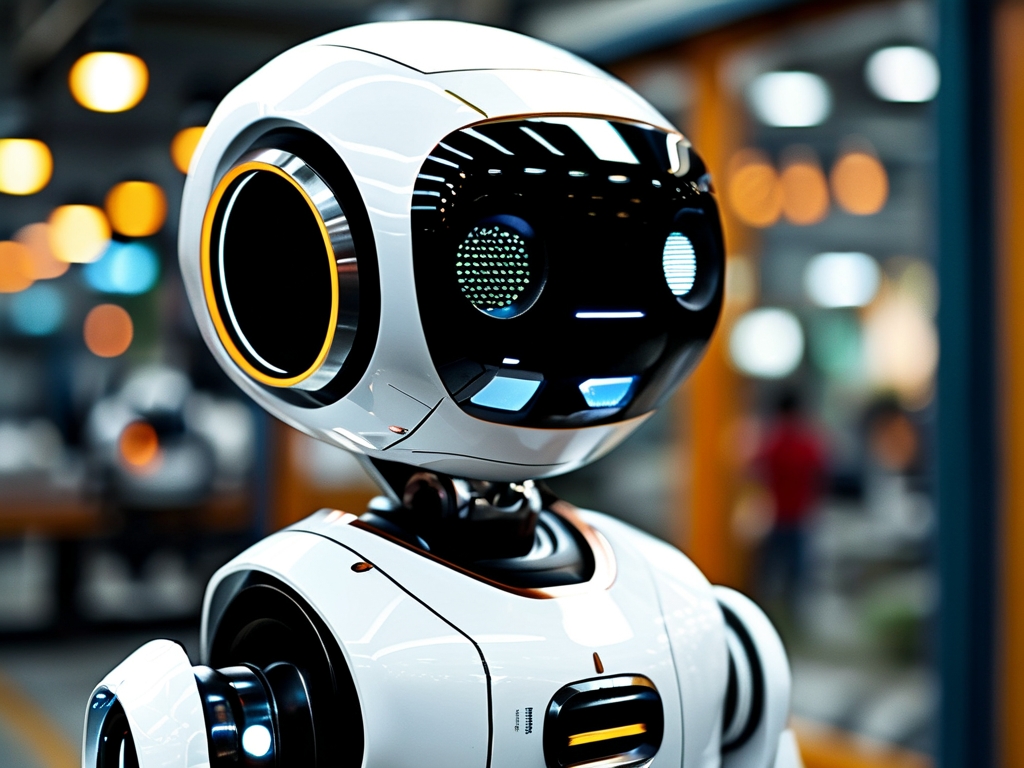
SkyWork Robotics exemplifies the convergence of ambition and technical mastery. By pushing the boundaries of AI, sensor technology, and sustainable design, it addresses both current industrial challenges and future societal needs. As the company expands its global footprint, its innovations promise to democratize advanced automation, making intelligent robotics accessible to enterprises of all scales. In an era where precision, adaptability, and ethics define technological leadership, SkyWork Robotics stands poised to shape the next decade of automation.


